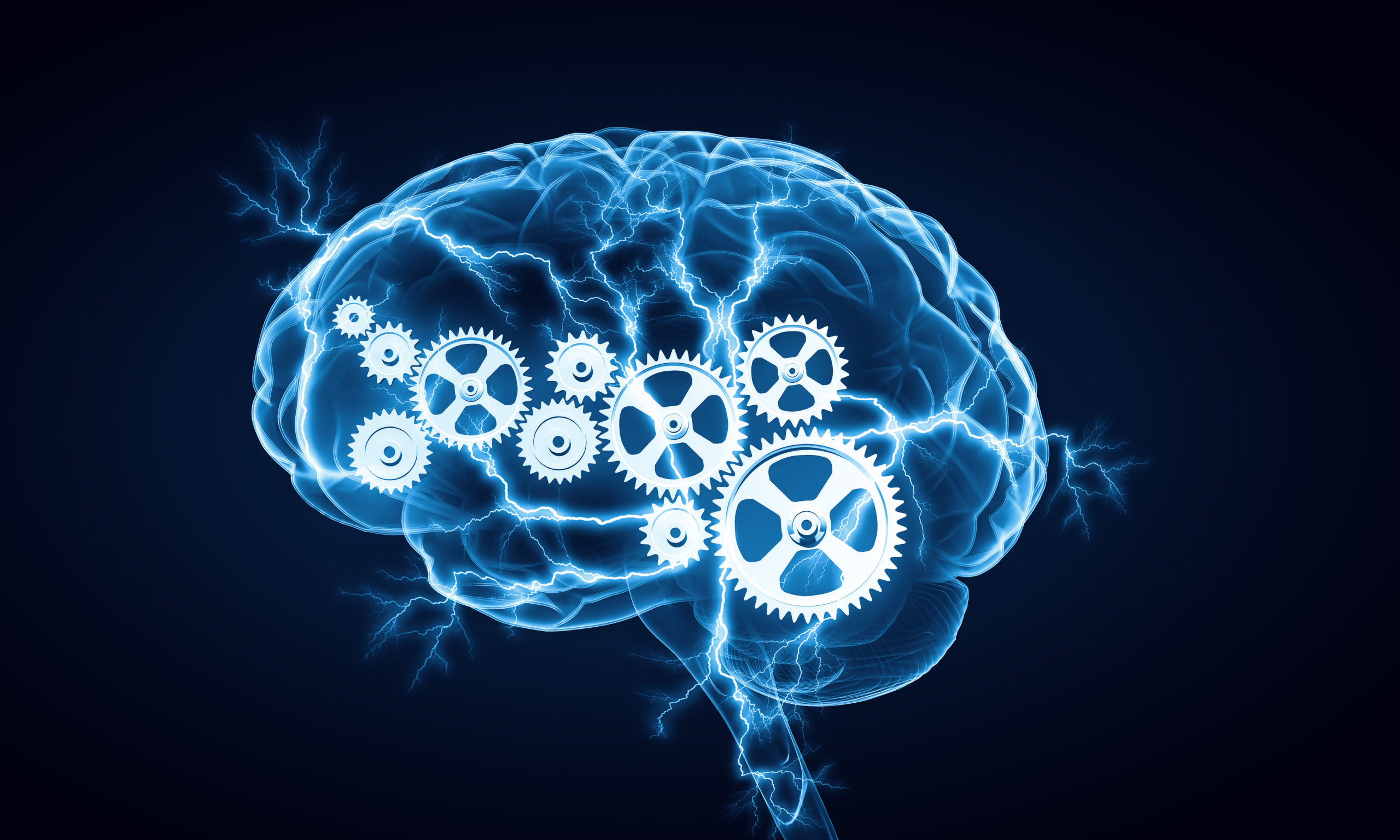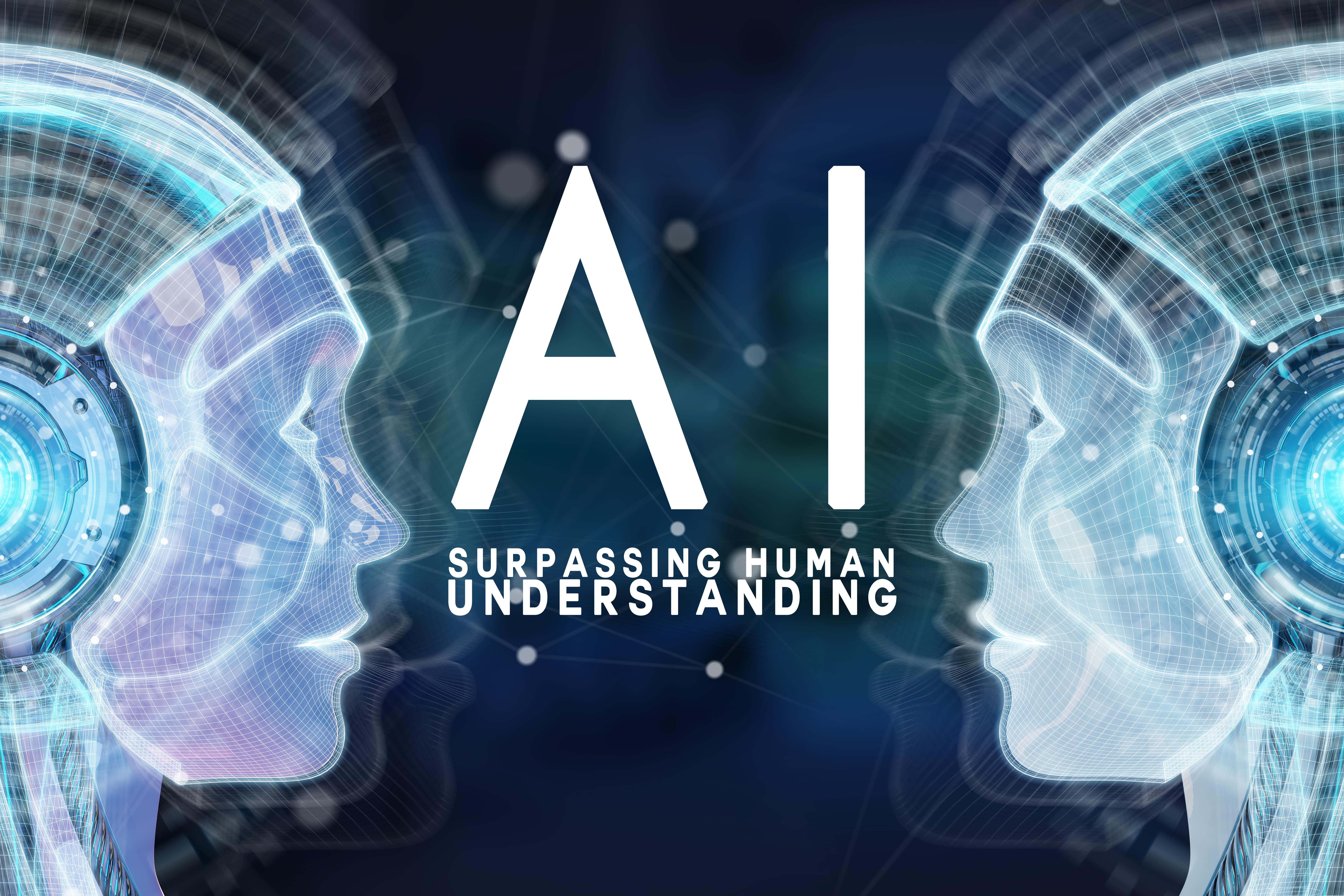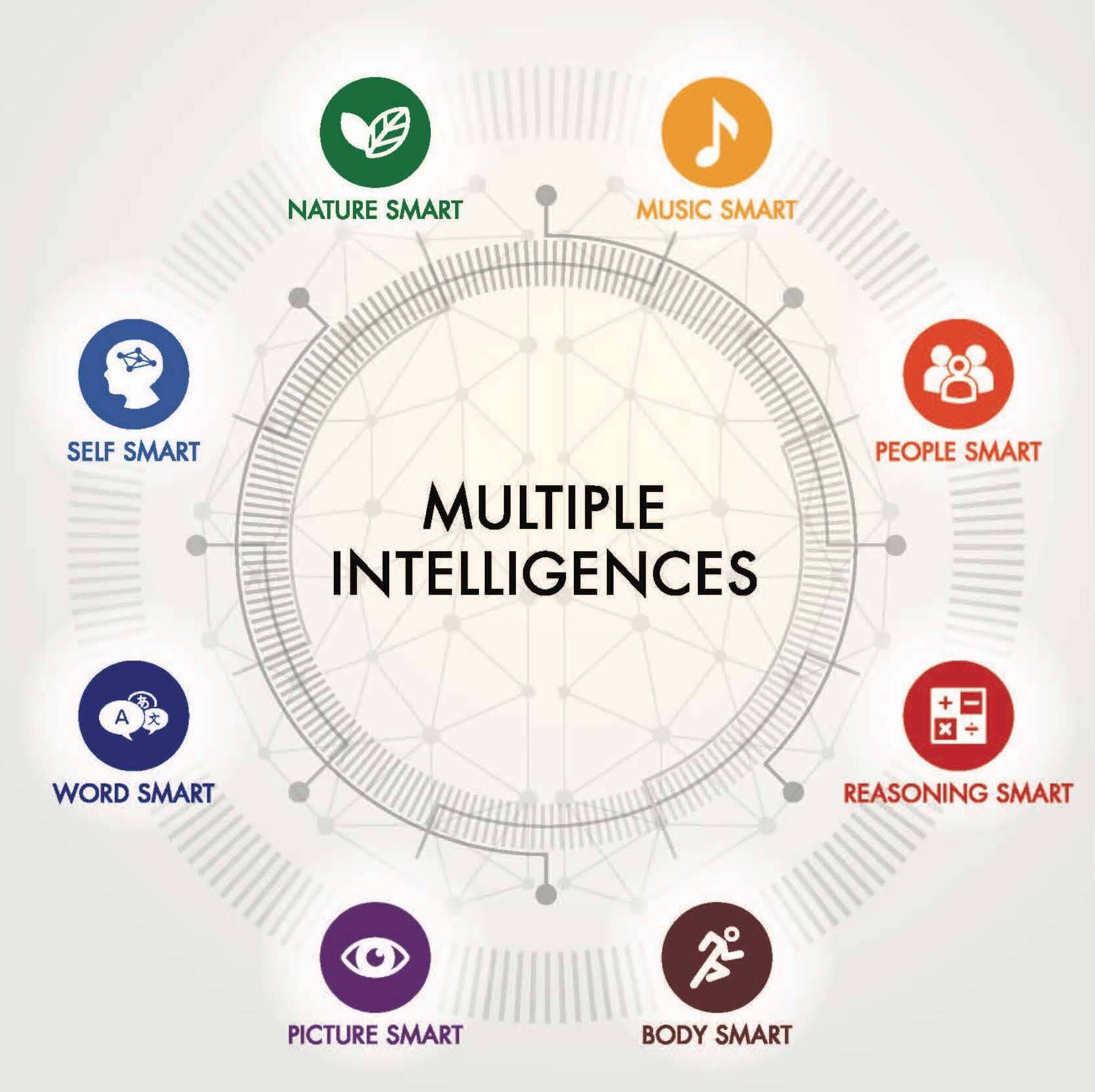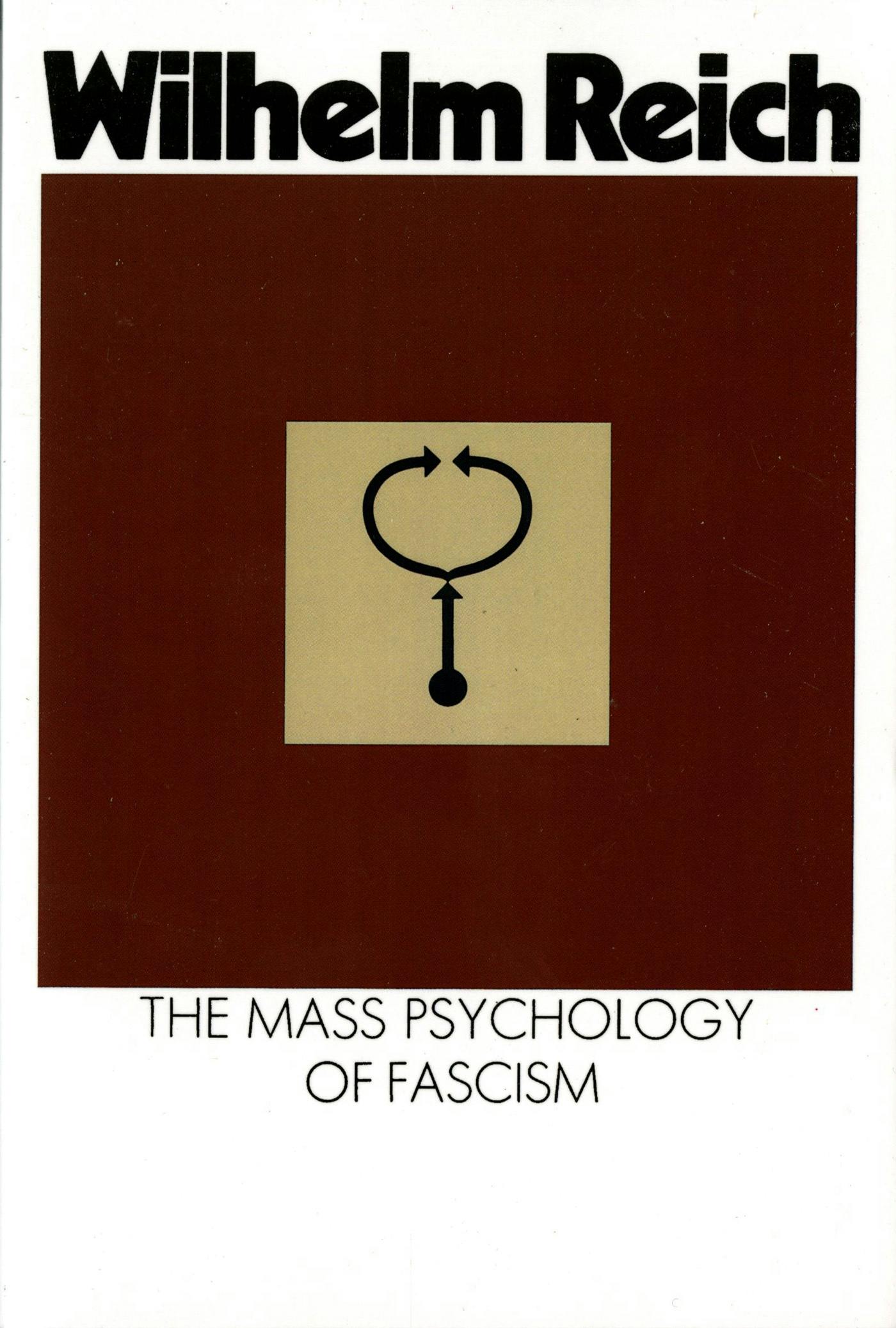The Many Facets Of Human Intelligence: Exploring The Spectrum Of Cognitive Abilities
Delve into the intriguing world of human intelligence! Explore its captivating facets and discover the spectrum of cognitive abilities that make us uniquely human.
Understanding Human Intelligence
The intricacies of human intelligence have long puzzled us, presenting challenges in defining and categorizing our vast mental abilities. Yet, beneath the surface lies a multifaceted tapestry of cognitive processes that orchestrate our thoughts, actions, and experiences.
The Many Facets Of Human Intelligence: Exploring The Spectrum Of Cognitive Abilities unravels this complex phenomenon, offering a comprehensive examination of the cognitive landscape that underpins our existence.

Classroom Applications of Cognitive Psychology – MY HEARTLAND – Source myheartland.net
The Many Facets Of Human Intelligence
Our intelligence manifests in myriad forms, reflecting the diversity of our cognitive abilities. Logical reasoning, spatial navigation, language comprehension, problem-solving, and creativity are but a few examples of the cognitive “tools” at our disposal. These distinct facets interact and complement one another, forming the intricate web of human intelligence.
A Personal Journey
As a cognitive psychologist, my fascination with human intelligence has led me on an extraordinary journey. From observing the exceptional abilities of savants to uncovering the hidden potential of neurodiverse individuals, I have witnessed firsthand the remarkable diversity of cognitive profiles.
Delving into the realm of neuroscience and cognitive science, I sought to understand the underlying neural mechanisms and cognitive processes that shape our intelligence. This exploration has illuminated the profound impact of genetics, environment, and experience on the development and manifestation of cognitive abilities.

Artificial Intelligence – Delivering Results Or Taking Over? – Source www.cxoinsightme.com
History and Myths of Intelligence
The quest to understand human intelligence has a storied history, marked by intriguing myths and misconceptions. From ancient Greek philosophers to modern psychologists, the search for a definitive definition and hierarchy of cognitive abilities has been fraught with challenges.
However, contemporary research has shed light on the multidimensional nature of intelligence, dispelling the notion of a single, monolithic entity. Instead, we now recognize that intelligence encompasses a vast array of cognitive functions, each with its own unique strengths and weaknesses.

Exploring Character Backstories | Whims from Valadae – Source nrecclessmith.com
Hidden Secrets of Human Intelligence
Beneath the surface of our conscious awareness lies a hidden world of cognitive processes that subtly shape our thoughts, feelings, and behaviors. Implicit memory, which operates outside of conscious recall, allows us to perform complex skills and actions without deliberate effort.
Intuition, often perceived as a gut feeling, emerges from rapid, subconscious processing of vast amounts of information. These hidden cognitive processes play a crucial role in our decision-making, problem-solving, and overall adaptive behavior.

Roger – The Many Facets Of Roger / The Saga Continues / Unlimited 2-cd – Source www.dubman.eu
Recommendations for Enhancing Intelligence
While genetics and early experiences contribute significantly to our cognitive abilities, there is ample evidence to suggest that we can cultivate and enhance our intelligence throughout our lives.
Engaging in cognitively stimulating activities, such as reading, puzzles, and learning new skills, can help strengthen our neural pathways and improve cognitive performance. Physical exercise and a healthy diet have also been shown to positively impact brain health and cognitive function.

Artificial Intelligence And Human Science – Source www.fuste.pt
Cognitive Diversity in the Workplace
In today’s competitive job market, it is imperative to recognize and appreciate the diverse cognitive profiles of individuals. By creating inclusive work environments that value different cognitive strengths, organizations can unlock a wealth of creativity, innovation, and problem-solving abilities.
Tips for Unlocking Your Cognitive Potential
To maximize your cognitive potential, consider implementing the following tips:
- Engage in regular exercise to boost brain health and cognitive function.
- Adopt a nutritious diet rich in fruits, vegetables, and whole grains.
- Consistently challenge your mind with cognitively stimulating activities.
- Seek opportunities for social interaction, as it fosters cognitive engagement.
- Prioritize quality sleep, as it is crucial for cognitive recovery and consolidation.

The Best Parts Of Multiple Intelligences Theory – Techcrams – Source techcrams.com
Cognitive Flexibility
Cognitive flexibility, the ability to adapt and switch between different cognitive tasks or perspectives, is a key aspect of human intelligence. It allows us to respond effectively to changing demands and solve problems creatively.
Fun Facts About Human Intelligence
Did you know that:
- The average human brain contains approximately 100 billion neurons.
- Playing video games can improve spatial navigation and problem-solving abilities.
- Bilingualism enhances cognitive flexibility and executive function.

MARK PRIORE – The Many Facets of A Day – Paris Move – Source www.paris-move.com
How to Measure Human Intelligence
Assessing human intelligence is a multifaceted endeavor. Conventional methods, such as IQ tests, provide a snapshot of certain cognitive abilities, but they do not fully capture the complexity and diversity of human intelligence.
Contemporary approaches to intelligence measurement incorporate a broader range of cognitive tasks and consider the interplay between different cognitive functions. By understanding the limitations and strengths of different assessment methods, we can gain a more holistic view of an individual’s cognitive profile.

In the early childhood world, there are many theories of play. In this – Source www.pinterest.ch
What If We Could Enhance Human Intelligence?
The potential implications of artificially enhancing human intelligence are both exciting and ethically challenging. By leveraging advancements in neuroscience and technology, we may one day be able to augment our cognitive abilities, potentially leading to unprecedented advancements in science, medicine, and the arts.
However, it is crucial to proceed with caution and consider the societal and ethical consequences of such enhancements. As we explore the frontiers of human intelligence, we must engage in thoughtful dialogue and ethical reflection to ensure that any advancements truly benefit humanity.

Phalanx Präposition Quietschen تاروت عشق Nachsatz Geplant Konsulat – Source www.victoriana.com
Listicle: 5 Ways to Cultivate Cognitive Flexibility
- Practice mindfulness meditation.
- Engage in role-playing exercises.
- Learn a new language.
- Play strategy games.
- Embrace diverse perspectives.

Exploring the Many Facets of Entertainment – WHYD – Source whyd.com
Question and Answer
- Question: What is the difference between crystallized and fluid intelligence?
Answer: Crystallized intelligence refers to knowledge and skills acquired through experience, while fluid intelligence encompasses the ability to reason, solve problems, and adapt to novel situations.
- Question: Can intelligence be inherited?
Answer: Genetics plays a significant role in intelligence, but environmental factors and experiences also contribute to its development.
- Question: How can I improve my memory?
Answer: Engaging in memory exercises, such as memorizing lists or practicing spaced repetition, can help strengthen memory abilities.
- Question: What is the Flynn effect?
Answer: The Flynn effect refers to the observed increase in IQ scores over time, which has been attributed to factors such as improved nutrition and education.
Conclusion
The Many Facets Of Human Intelligence: Exploring The Spectrum Of Cognitive Abilities invites us to delve into the fascinating world of cognition, embracing the diversity of our mental abilities. By understanding the complexities of human intelligence, we can unlock our potential, foster cognitive well-being, and create a more inclusive and equitable society that values the unique strengths and perspectives of every individual.





